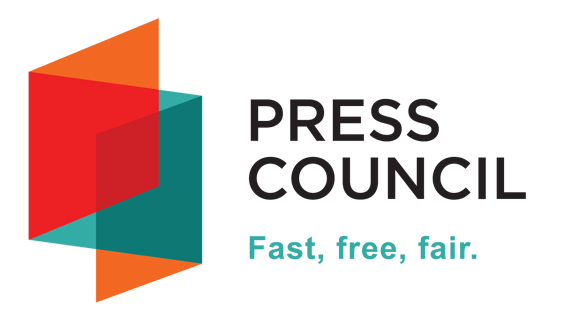UNESCO training for press councils of South East Europe and Turkey on online media ethics
On 9 and 10 June 2016, representatives of the press councils from South East Europe and Turkey gathered in Konjic, Bosnia and Herzegovina, to explore the legal and ethical complexities of journalism and public-interest reporting in the digital age. The two-days training seminar was hosted by the Press Council of Bosnia and Herzegovina, as part of the UNESCO EU-funded Project “Building Trust in Media in South East Europe and Turkey”.
 The training programme included such issues as the status of journalists in the digital age, the measures in place to ensure the quality and accuracy of information online as well as rights, responsibilities and protection mechanisms for bloggers and civil society campaigners engaged in “acts of journalism”.
The training programme included such issues as the status of journalists in the digital age, the measures in place to ensure the quality and accuracy of information online as well as rights, responsibilities and protection mechanisms for bloggers and civil society campaigners engaged in “acts of journalism”.
The team of four trainers was represented by the Center for Media, Data and Society, which developed a course in digital media law for journalists, civil society advocates and lawyers in Central and Southeastern Europe.
Amy Brouillette, Director of European Media Project, Center for Media and Society (CMDS), Central European University, Gillian Phillips, director of Editorial Legal Services of the Guardian, Dean Starkman, a media analyst and CMDS fellow, and Nevena Krivokapić, legal researcher at the SHARE foundation reviewed key questions around the impact of the Internet on journalism and explored how these changes are reinventing and challenging traditional media landscapes.
The first day of the training focused on the fundamentals of digital journalism. Dean Starkman held a session on the collapse of the business model of news industry, which he called “society’s fact-gathering infrastructure,” and the consequences for the quality of media content. “Since the digital age, the quantity of online content published has never been so high, while the advertising revenue of media has plummeted. That means fewer, less-experienced staff handling more content, more quickly. The impact on quality journalism and proper journalistic investigations has been profound,” he said.
Amy Brouillette presented the complex evolution of the international standards related to the definition of journalism. “While there is no formal definition of a ‘journalist’ in international human rights law, numerous bodies like the UN and Council of Europe have put forth definitions of journalists that include bloggers and public watchdogs”, she said.
During the second day, the trainers tackled the complex and evolving issue of media ethics and professional standards in the new media environment. Participants explored how to adapt and refine self-regulatory codes to account for today’s digital media landscape. Participants worked on concrete case studies and discussed how the rights and duties of traditional media are extended to online platforms and digital content producers.
Gillian Phillips presented concrete examples from The Guardian, which is faced with cross-border issues having offices based not only in London but in the United-States for instance. She explained that “in the United-States, because of the First Amendment, user-generated content is allowed much more freedom than in Europe. This creates a practical problem for The Guardian as to whether to try to apply one common standard or to allow flexibility of approaches.”
Discussions focused on copyrights issues, on user-generated content in media content and on the corrections of mistakes in the online world, and proved the complexity for press councils to address those questions. So far, most press councils are dealing with issues on a case by case basis and more questions were brought than concrete solutions.
Video interviews with Press Councils on the impact of digital technologies
